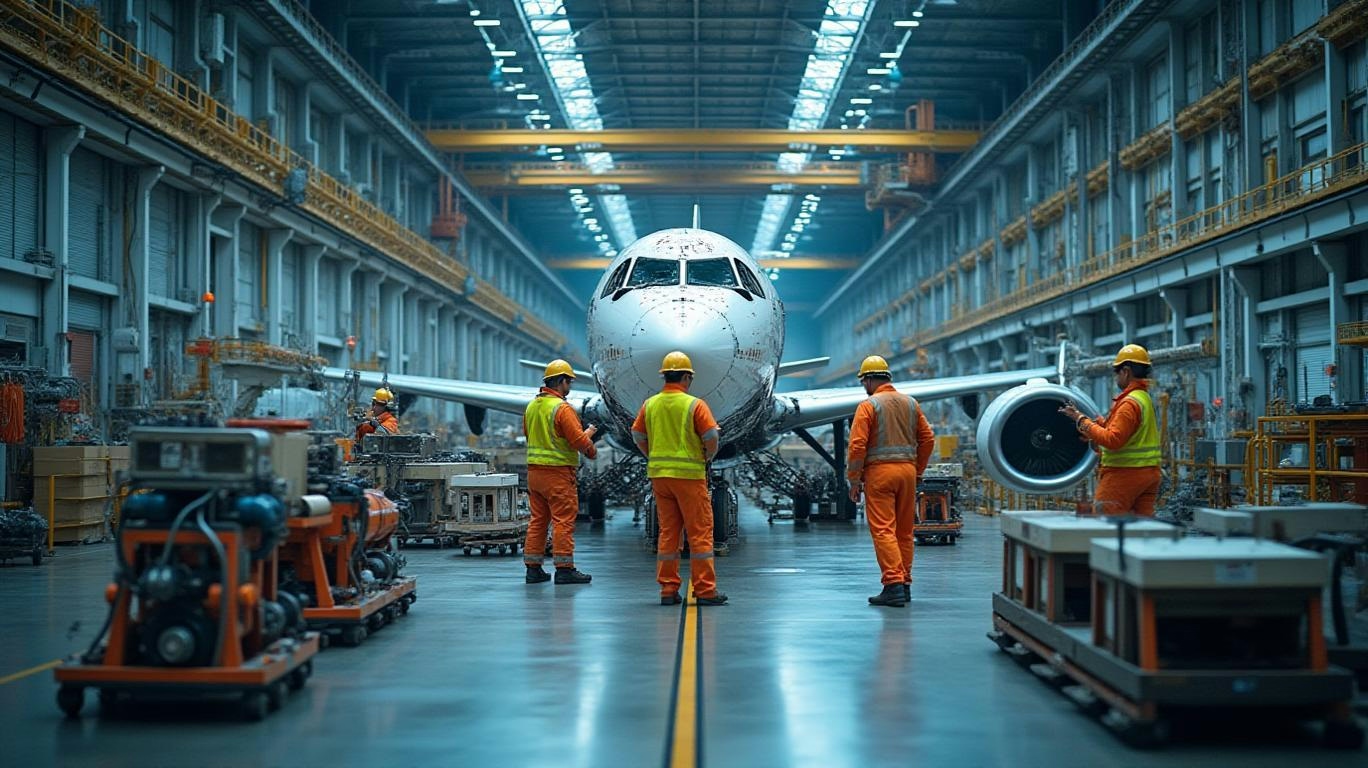
Smarter email, faster business. Auto-tag, parse, and respond to RFQs, quotes, orders, and more — instantly.
Trending
Categories
Air India Boeing 787 Dreamliner Involved in First Fatal Crash in 14 Years
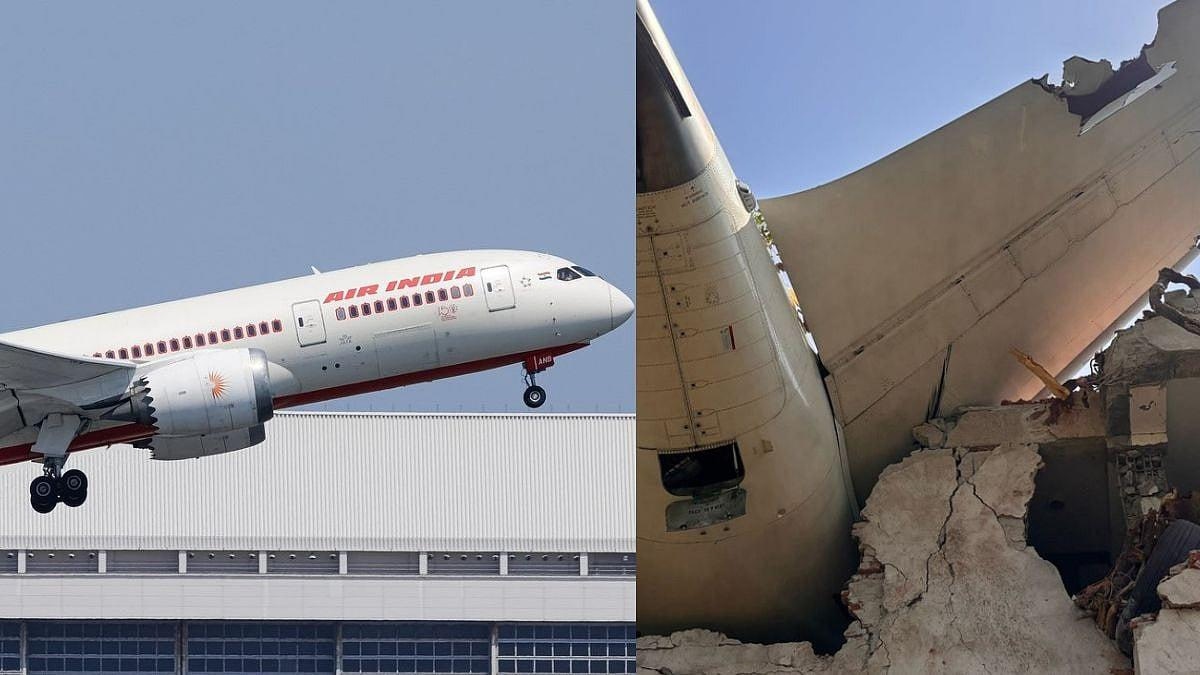
Air India Boeing 787 Dreamliner Involved in First Fatal Crash in 14 Years
The aviation sector has been shaken by the first fatal crash involving a Boeing 787 Dreamliner in 14 years, with an Air India aircraft at the center of the tragedy. This incident represents a significant setback for Boeing, which has been striving to recover from a series of safety crises, and for the Indian aviation industry, which has been rapidly expanding and modernizing in recent years.
Impact on Boeing and the Aviation Industry
The crash has intensified scrutiny of Boeing’s safety record, undermining the progress the company had made in restoring investor confidence. Following the news, Boeing’s stock experienced a notable decline, reflecting widespread concerns about ongoing quality control issues and the potential repercussions for future aircraft orders. This event complicates Boeing’s efforts to move beyond a string of high-profile safety lapses that have cast a long shadow over the manufacturer’s reputation.
For Air India, the crash presents a formidable challenge to its strategic goals of fleet modernization and service enhancement. The airline now faces increased regulatory and public examination at a critical juncture in its transformation. Moreover, the incident threatens to dampen the momentum of India’s burgeoning aviation sector, which has been positioning itself as a key player in the global market amid rising demand for air travel. Industry analysts caution that the fallout could affect passenger confidence and lead to more stringent regulatory oversight across Indian carriers.
Broader Context and Ongoing Investigation
This tragedy unfolds against a backdrop of rapid technological advancement in aviation and related fields. While innovations such as AI-powered smart glasses symbolize progress in Silicon Valley and beyond, the aviation industry remains under pressure to ensure that safety standards keep pace with technological developments. Boeing’s persistent quality challenges stand in stark contrast to the optimism surrounding emerging technologies, underscoring the vital importance of reliability and trust in an industry where human lives are at stake.
The investigation into the cause of the Air India crash is still underway, but the incident has already reignited debates over aircraft manufacturing standards and regulatory frameworks. Both Boeing and Air India face the urgent task of rebuilding public trust amid heightened scrutiny. The outcome of this process will not only influence the future of these companies but may also shape the trajectory of India’s aviation ambitions and the global perception of aircraft safety standards.
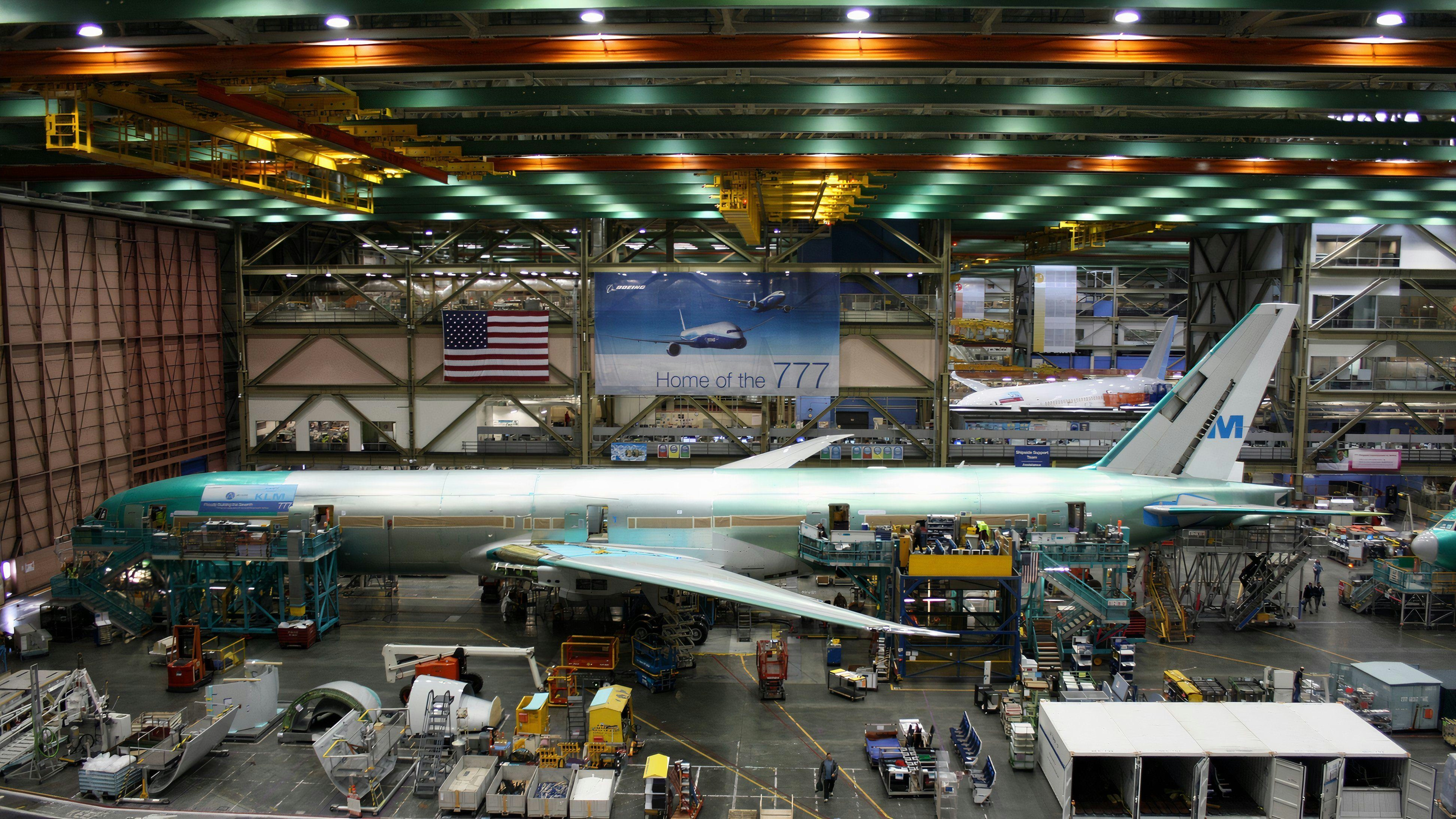
SMBC-Led Acquisition of Air Lease Corp. and Its Industry Implications
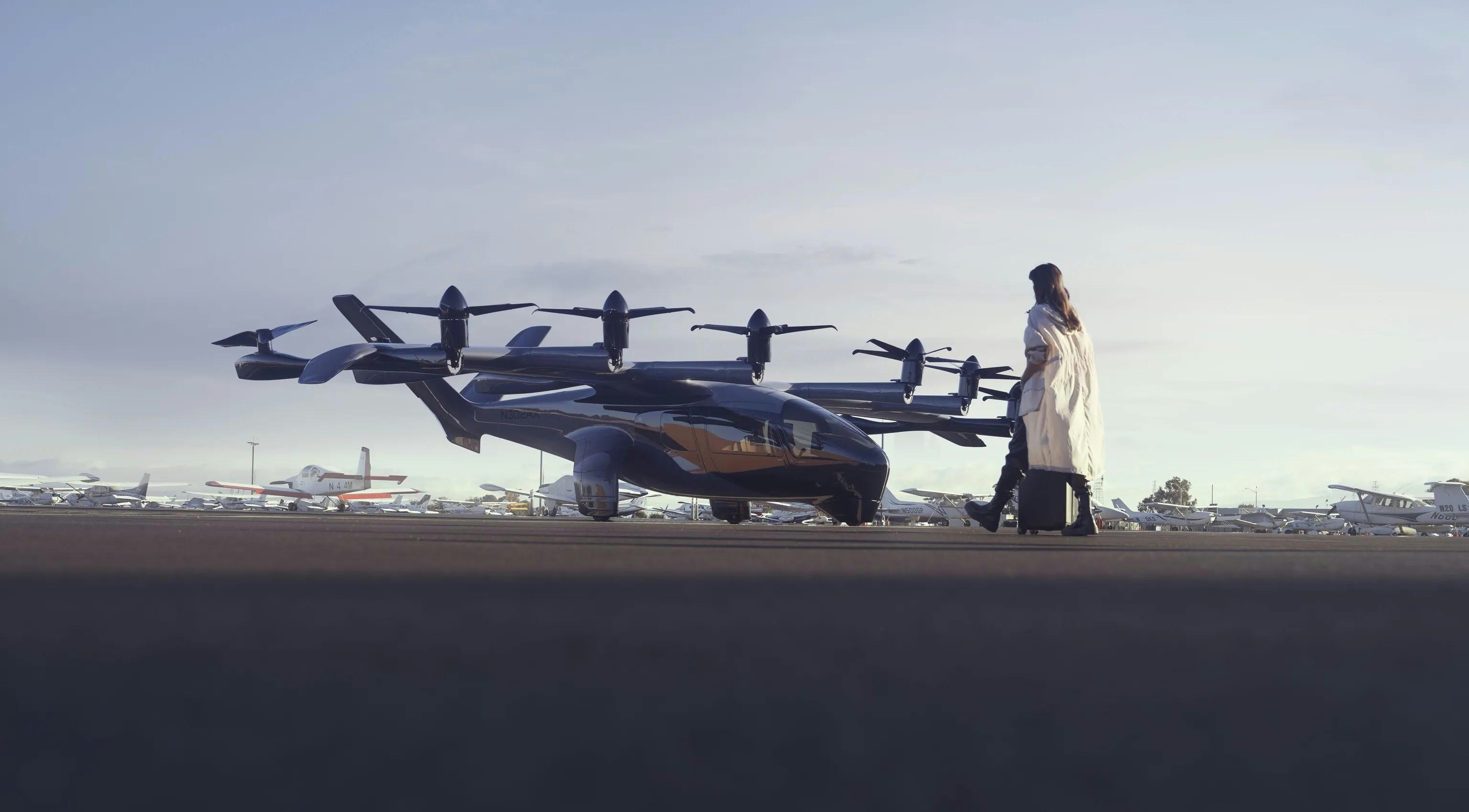
Cathie Wood’s ARK Invest Increases Stake in Archer Aviation as Air Taxis Advance
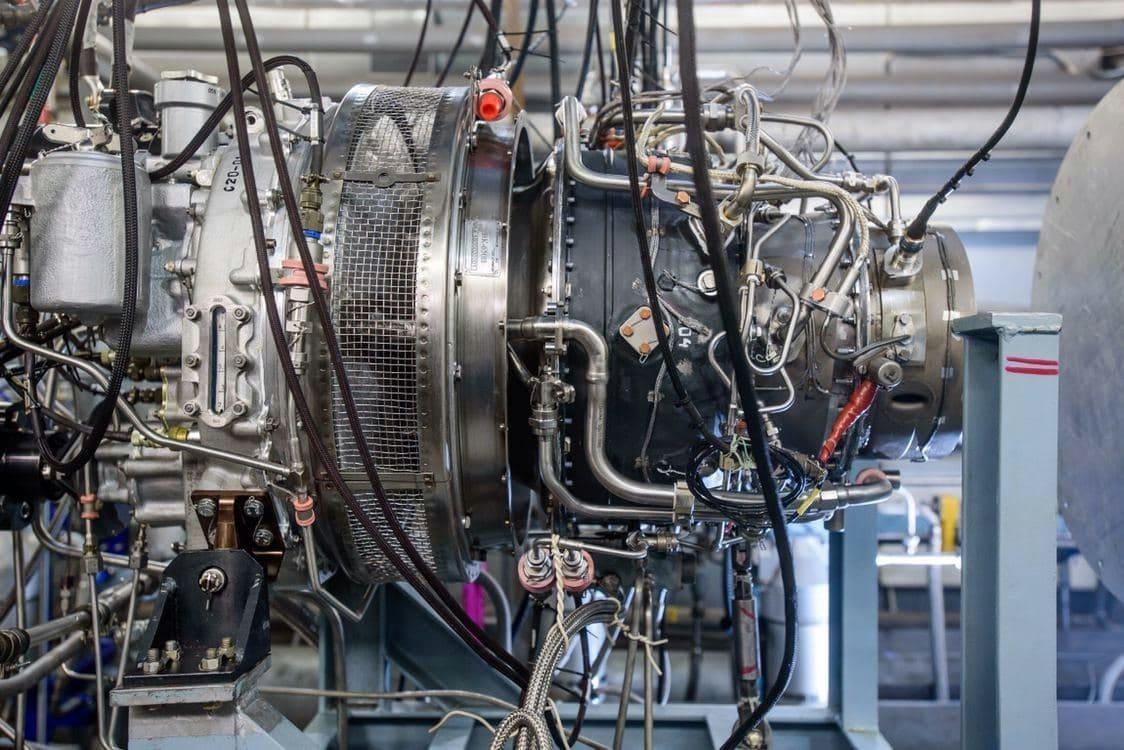
Ansat Helicopter Completes First Flight Powered by Russian VK-650V Engine
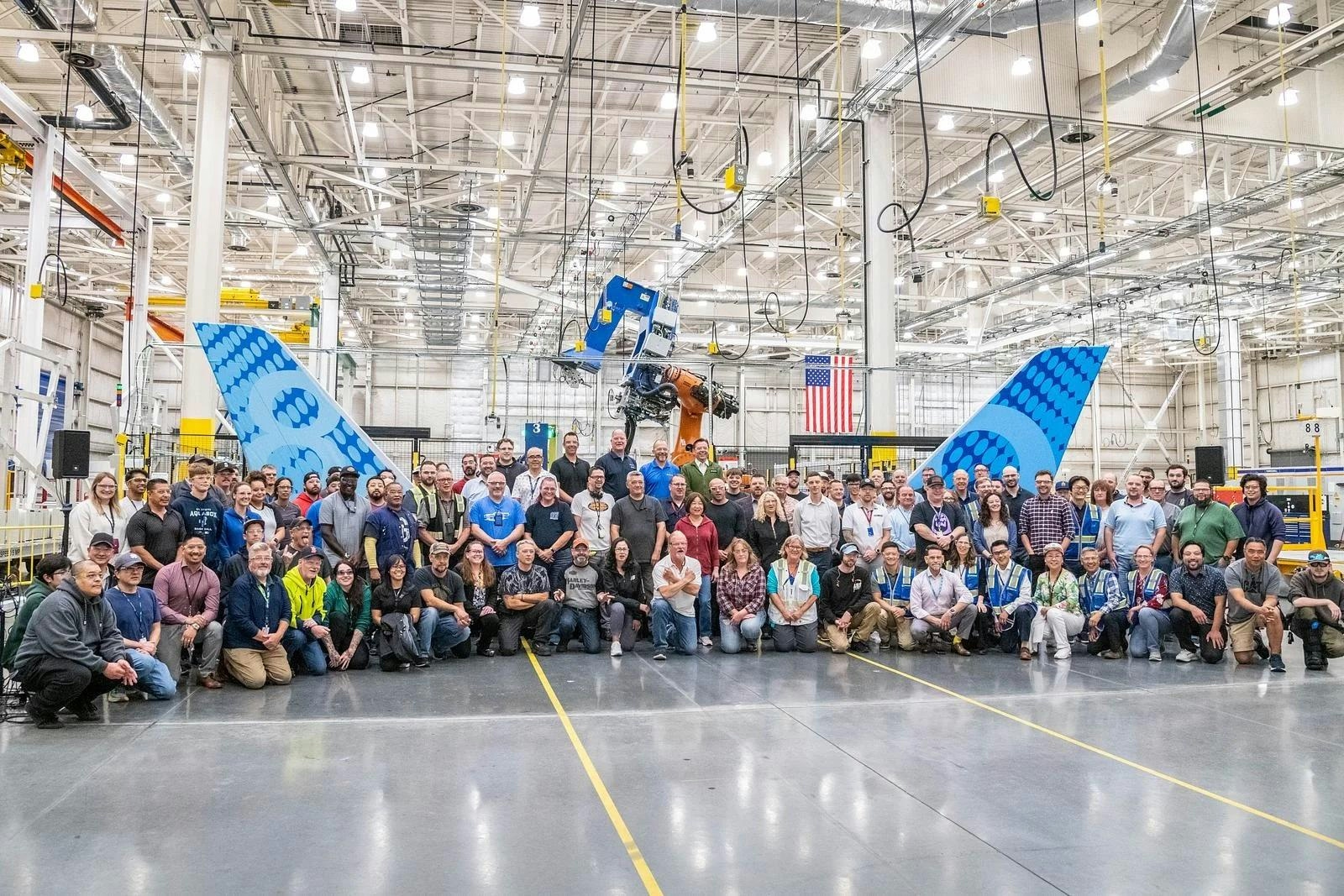
TAT Technologies Launches FutureWorks Aerospace Innovation Center
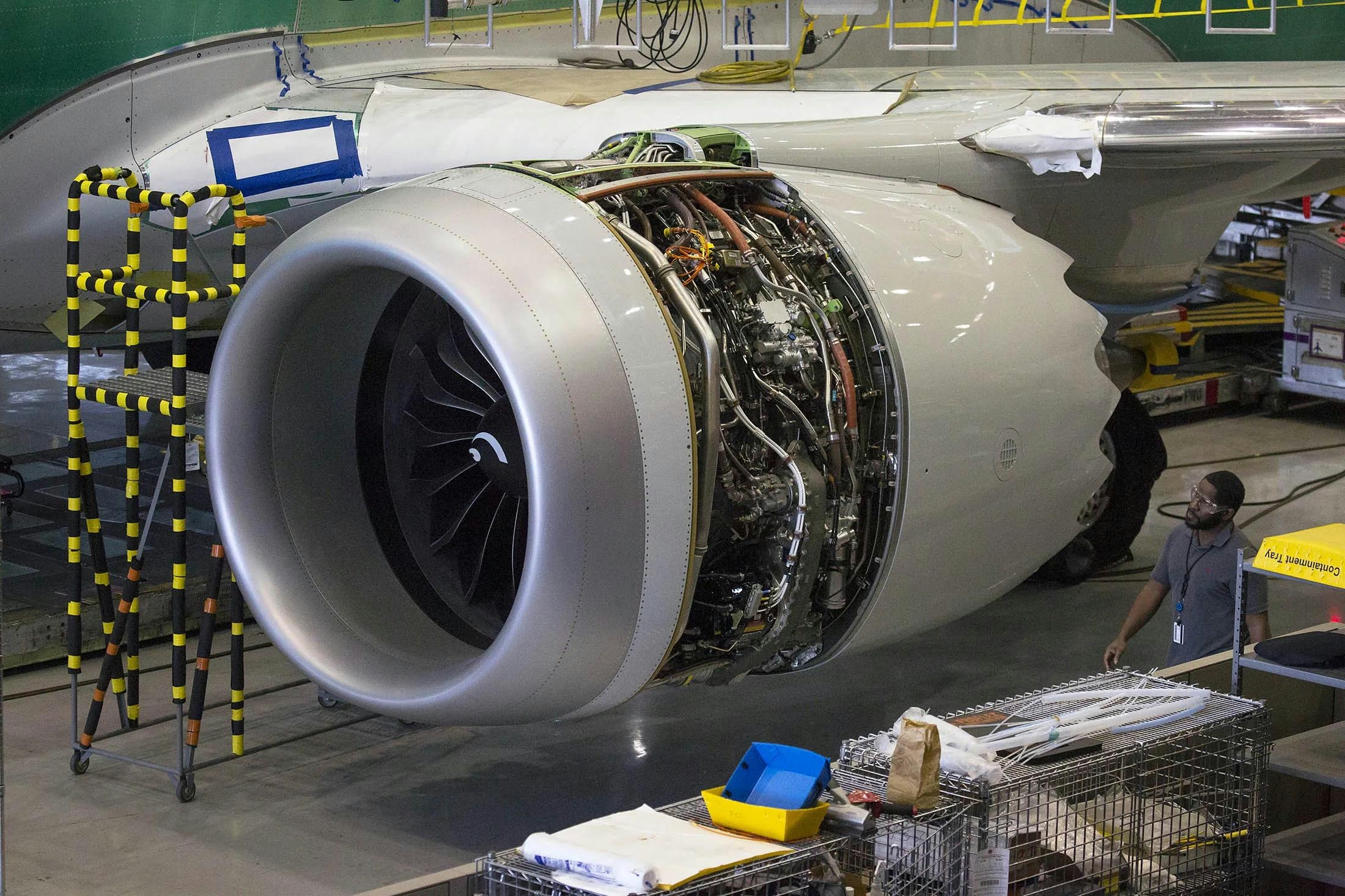
How Long It Takes for a New Plane to Be Delivered
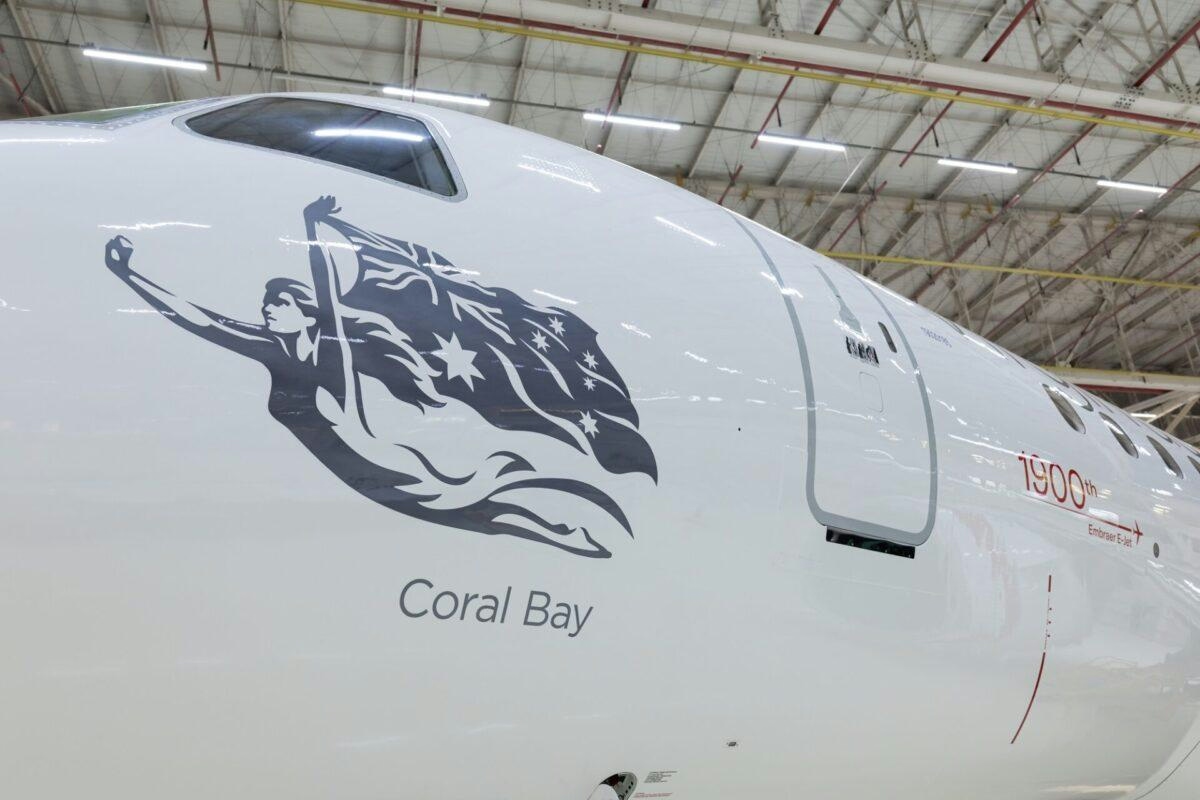
Azorra Delivers Australia’s First E190-E2 to Virgin Australia
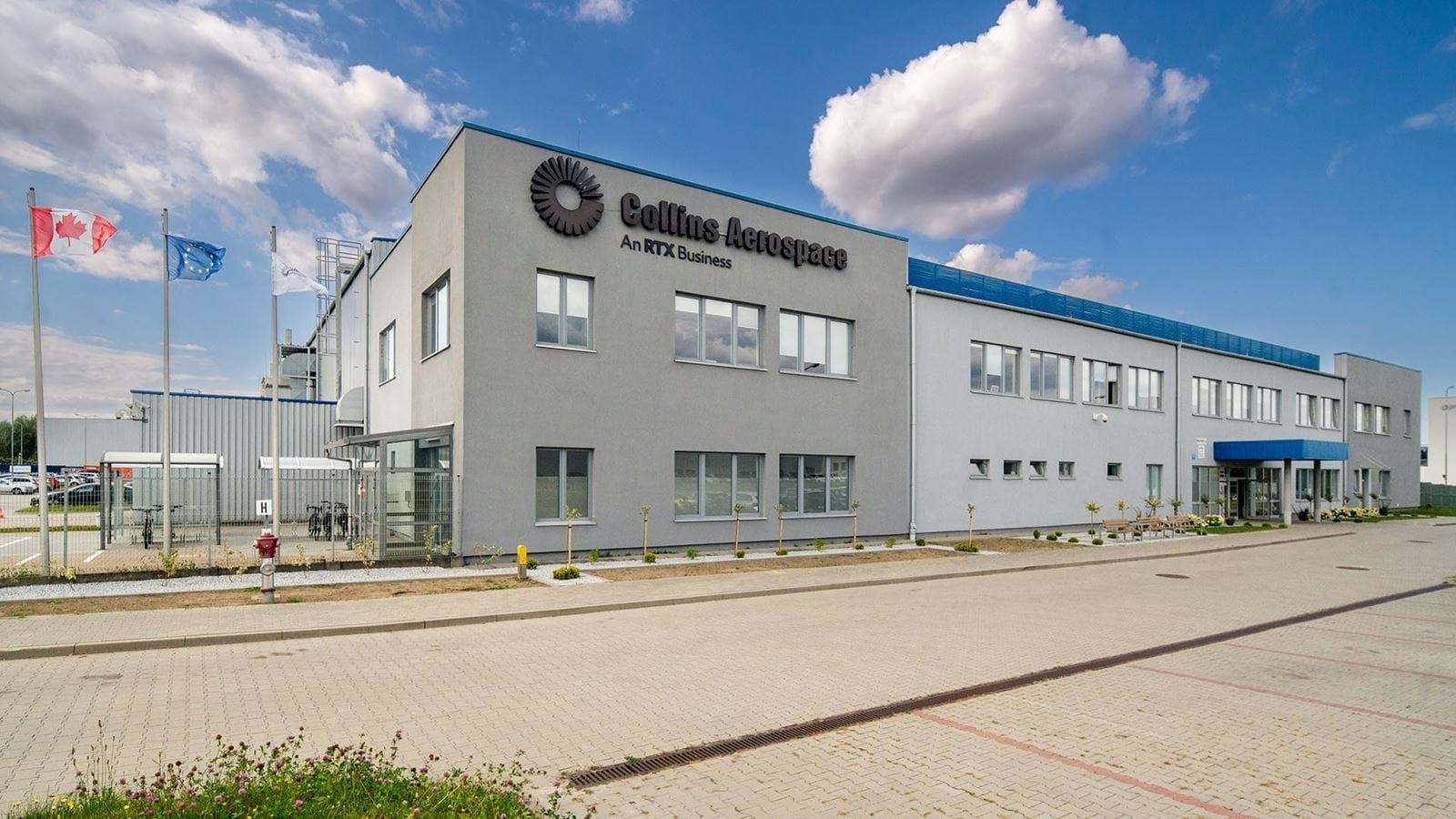
Collins Aerospace Expands MRO Facility in Tajęcina, Poland
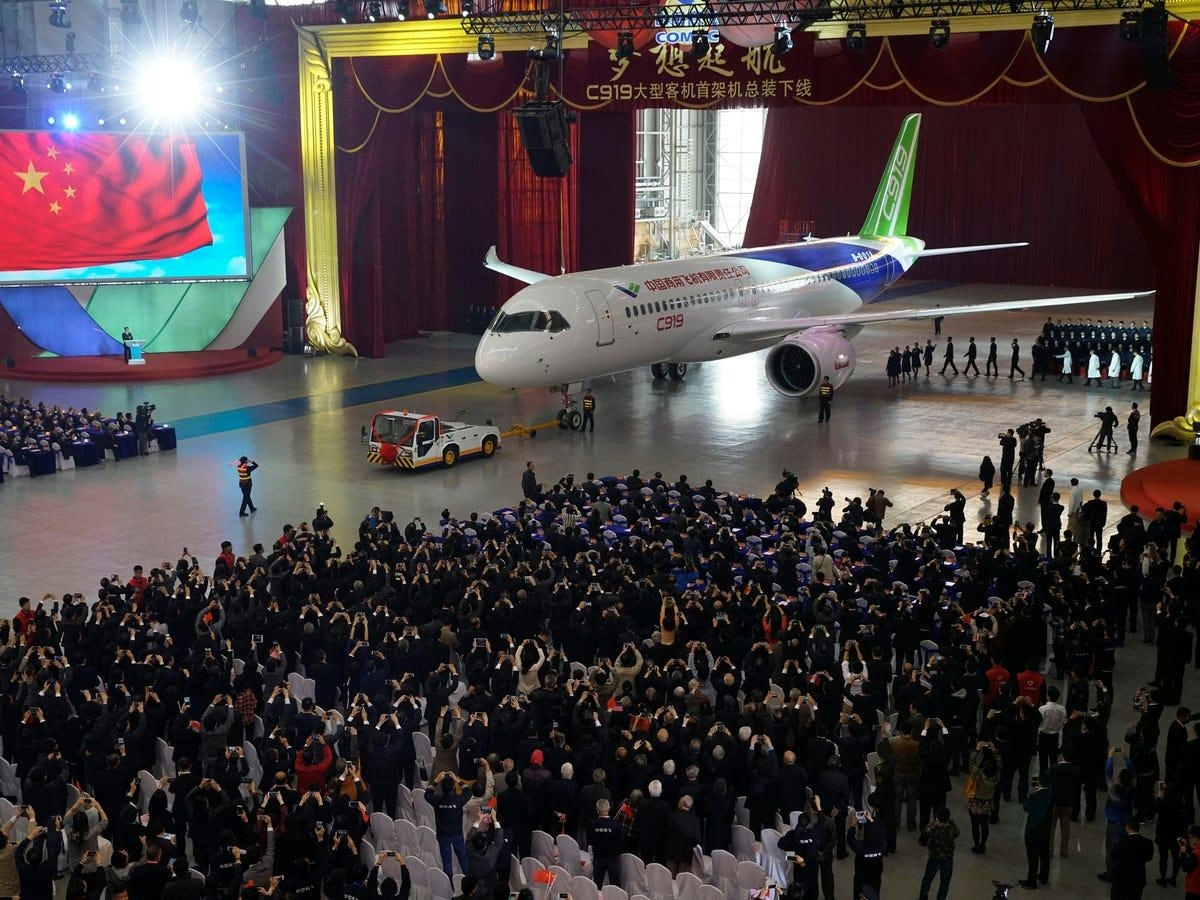
COMAC Aims to Triple Aircraft Deliveries by 2030
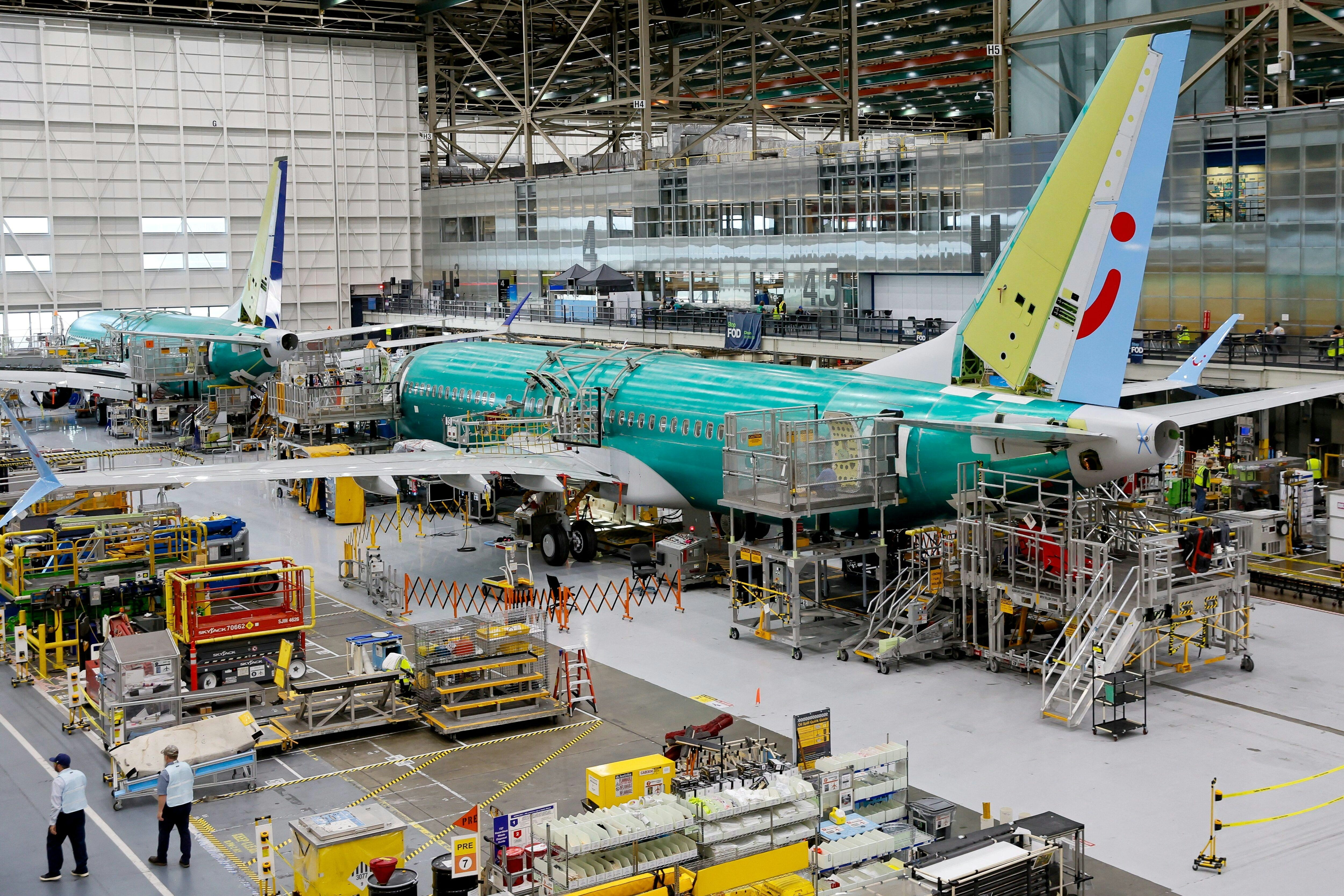
ALM Acquires Two Boeing 737 MAX 8 Aircraft from BOC Aviation
